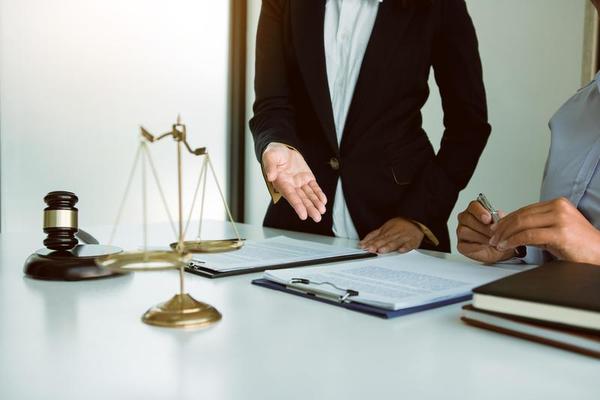Choosing the right legal advisor can make all the difference in your case. Whether you’re dealing with a personal injury, a business dispute, or any legal matter, finding the right lawyer is crucial. Here’s a guide to help you make an informed choice.
Experience and Specialization
When seeking a lawyer, experience is key. You wouldn’t hire a general contractor to build a spaceship, so why choose a generalist lawyer for your personal injury case? Look for personal injury lawyers who have specific experience with cases similar to yours. Their track record in handling similar cases can be a strong indicator of their ability to manage yours successfully.
For example, if you’ve suffered a car accident, find a lawyer who specializes in automotive accidents. Their in-depth knowledge of relevant laws and procedures will give you an edge. An experienced lawyer can navigate the complexities of your case more effectively, leading to better outcomes.
Reputation and References
A lawyer’s reputation speaks volumes. Look for personal injury lawyers with positive reviews and testimonials from previous clients. Word of mouth is powerful. Talk to friends, family, or colleagues who have had legal dealings. Their experiences can provide valuable insights into a lawyer’s competence and reliability.
Don’t hesitate to ask potential lawyers for references. A reputable lawyer should be able to provide contact information for past clients who can speak to their professionalism and effectiveness. A few positive references can be reassuring, but a consistent track record of success is even better.
Communication Skills
Effective communication is a cornerstone of a successful lawyer-client relationship. You need someone who listens carefully and explains legal terms in a way you understand. During your initial consultation, pay attention to how well the lawyer communicates. Are they patient with your questions? Do they make complex legal jargon seem simple?
Good communication helps avoid misunderstandings and ensures you’re always in the loop about your case’s progress. A lawyer who communicates clearly and regularly can alleviate much of the stress involved in legal proceedings.
Fees and Billing Structure
Understanding a lawyer’s fees is crucial before signing any agreements. Lawyers may charge differently—some have hourly rates, while others work on a contingency basis. For personal injury cases, contingency fees are common. This means the lawyer gets paid only if you win the case, taking a percentage of the settlement or judgment.
Make sure to discuss and clarify all fees and billing structures upfront. Ensure there are no hidden costs or surprises. A transparent fee structure will help you avoid financial surprises and manage your budget effectively.
Compatibility and Personal Comfort
Finally, consider your personal comfort and compatibility with the lawyer. You’ll be working closely with this person, so it’s important that you feel comfortable and respected. Trust your instincts. If you feel uneasy or uncomfortable during your meetings, it might be a sign that this lawyer isn’t the right fit.
Your lawyer should be someone you feel comfortable sharing personal information with and who genuinely cares about your case. Building a good rapport with your lawyer can make the legal process less stressful and more manageable.
Conclusion
Choosing the right legal advisor involves careful consideration of several factors. Look for a lawyer with the right experience and specialization, a solid reputation, and strong communication skills. Understand their fee structure and ensure you feel comfortable working with them. Taking the time to evaluate these factors will help you find a personal injury lawyer who can effectively advocate for your rights and achieve the best possible outcome for your case.


